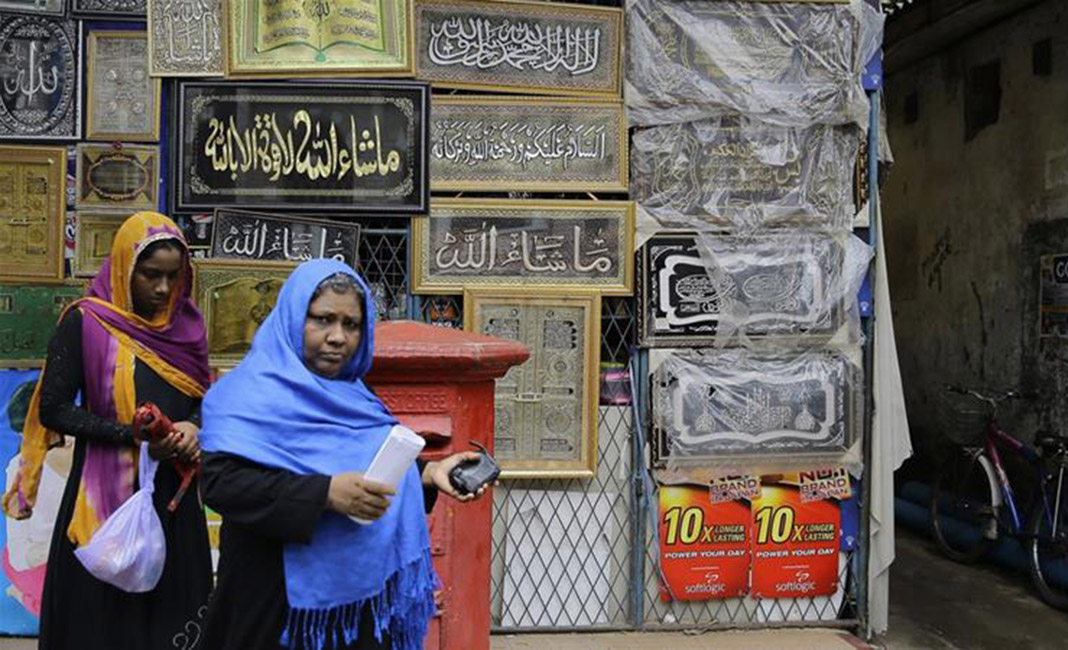A new report issued by the International Crisis Group (ICG) says the situation in Sri Lanka has only become more dangerous following the April attacks.
Although the small group of Islamic State-inspired militants was clearly at the far fringes of Muslim society, and although no evidence suggests that any remain at large, Sri Lanka’s peaceful Muslim population now confronts a significant backlash.
The report says Sinhalese Buddhist nationalists have waged a campaign of violence and hate while a weak and divided political leadership has either stood idly by or, worse, egged on the abuse.
“Meanwhile political divisions within government have obstructed efforts to reform dysfunctional Police and intelligence services that failed to head off the attacks, despite warnings from foreign partners. Rather than taking the country back toward the cliff of conflict, Sri Lanka’s leaders should focus their attention on repairing the state’s broken security apparatus, and stop alienating law-abiding Muslim citizens who represent 10 per cent of the population,” the report said.
The International Crisis Group said that while threats are always easier spotted in hindsight, the Easter attacks nevertheless represented a massive security failure by the Sri Lankan state.
Foreign intelligence services had warned their Sri Lankan counterparts of a significant imminent attack on churches weeks before the bombing, even naming the radical Salafi preacher, M.C.M. Zaharan, who helped organise the attacks.
Not all of the small group of jihadis involved in the bombings was identified in advance, but Zaharan was known to Sri Lanka’s police.
The anti-terrorism division of the police had been tracking him since the faction he led brutally attacked followers of a moderate Sufi Muslim cleric in 2017, and had warrants out for his arrest.
“A less dysfunctional government might have still failed to connect incoming intelligence with the information on Zaharan in Sri Lankan police files, but it would have tried much harder,” the report said.
It also notes that what has happened since the attacks is as concerning as what happened before.
The report says given that members of the small group behind the Easter bombings all appear to be dead or arrested, public fears of further jihadi attacks in the short term have receded.
But with dysfunction in the security services left largely unaddressed, and the country’s political and Sinhalese Buddhist religious leadership either oblivious or indifferent to the ill will they may be sowing with the nation’s law-abiding Muslim citizens, the International Crisis Group says Sri Lanka is nonetheless taking steps down a dangerous path.
The report says it is past time to reverse course, lower communal tensions and focus on the critical and unfinished work of knitting together a fractured country.

Leave your comments
Login to post a comment
Post comment as a guest